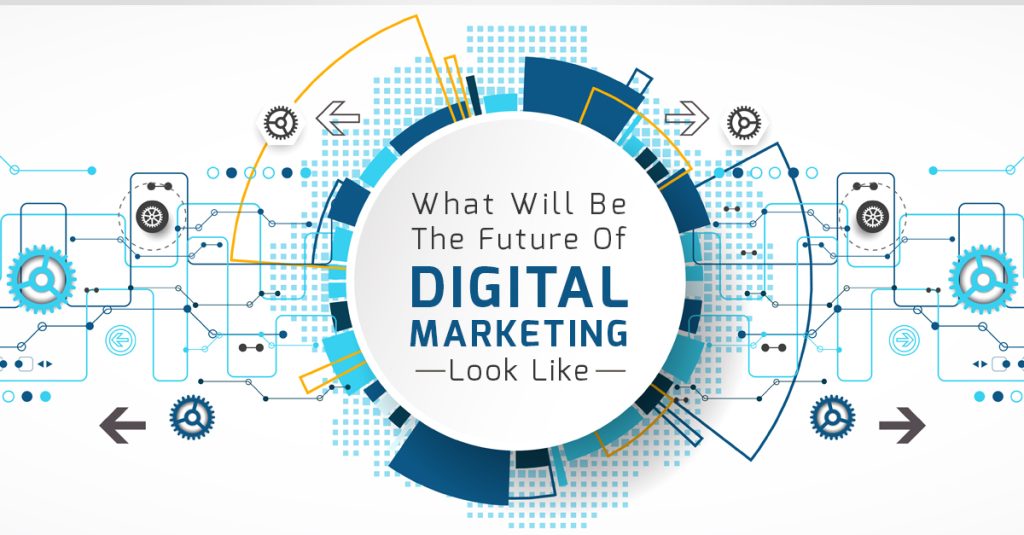Every year, new technologies and trends emerge in the field of digital marketing. For businesses to remain competitive in the digital landscape, being ahead of the curve is crucial. We will examine some of the major developments and trends that are influencing the direction of digital marketing in this post.
Quick Links
1. Machine learning and artificial intelligence (AI):
In the future of digital marketing, artificial intelligence (AI) and machine learning are expected to have a significant impact. While machine learning algorithms help organizations better understand customer behavior and preferences, AI technologies like chatbots and virtual assistants are already being utilized to improve the customer experience. The user experience will be further enhanced and engagement will be increased by ever more sophisticated AI technology, like personalized product recommendations and automated marketing campaigns.
Marketing Labs‘ CEO, Matt Janaway
2. Virtual Reality (VR) and Augmented Reality (AR):
Virtual reality (VR) and augmented reality (AR) are anticipated to significantly impact the future of digital marketing. Consumers are already embracing AR technologies like Snapchat filters and Instagram Stories, and businesses are beginning to look into new ways to leverage AR and VR to engage with customers. For instance, eateries are employing AR to give augmented-reality menus, while merchants are using VR to offer virtual tours of their establishments. We may anticipate seeing even more cutting-edge applications for AR and VR in the field of digital marketing as these technologies develop.
Megan Young, Marketing Head at MCS Rental Software
3. Micro-Moments:
A trend that is influencing the future of digital marketing is micro-moments. These are the times when consumers use their gadgets to gather information, decide, or act. Businesses that are aware of these micro-moments and react to them can improve consumer engagement and conversion by offering a more tailored and engaging experience. Businesses need to have a strong mobile presence, be able to deliver quality content rapidly, and use analytics to understand customer behavior and preferences if they want to flourish in the micro-moment era.
Mathew Bowley, Head of Marketing at Solmar Villas
4. Video Marketing:
A development that is influencing the direction of digital marketing is video marketing. With the help of websites like YouTube, TikTok, and Instagram, businesses now have more ways than ever to connect with their target audiences through video content. Businesses may use video as a potent tool to increase brand recognition, consumer engagement, and revenue. We may anticipate seeing even more avant-garde applications for video in the field of digital marketing in the future, such as live streaming, 360-degree video, and virtual events.
Inga Broerman, VP of Marketing at BluLogix
5. “Internet of Things” (IoT):
The Internet of Things (IoT) is anticipated to have a significant impact on the development of digital marketing. Smart homes, smart automobiles, and smart cities have all been built using IoT technologies, and businesses are now looking into new methods to engage with customers. For instance, manufacturers are utilizing IoT to develop linked products that provide customers greater value, while retailers are embracing IoT to design in-store experiences that are more engaging and personalized. We may anticipate seeing even more cutting-edge applications for these technologies in the field of digital marketing as IoT develops further.
Frederic Linfjärd, Director of Growth Marketing of Planday
In conclusion, a variety of trends and technologies, such as AI and machine learning, AR and VR, micro-moments, video marketing, and the Internet of Things, will define the future of digital marketing. Businesses will be best positioned to flourish in the digital landscape if they comprehend and adapt to these trends and technologies, providing customers with more engaging and individualized experiences and improving corporate performance.

